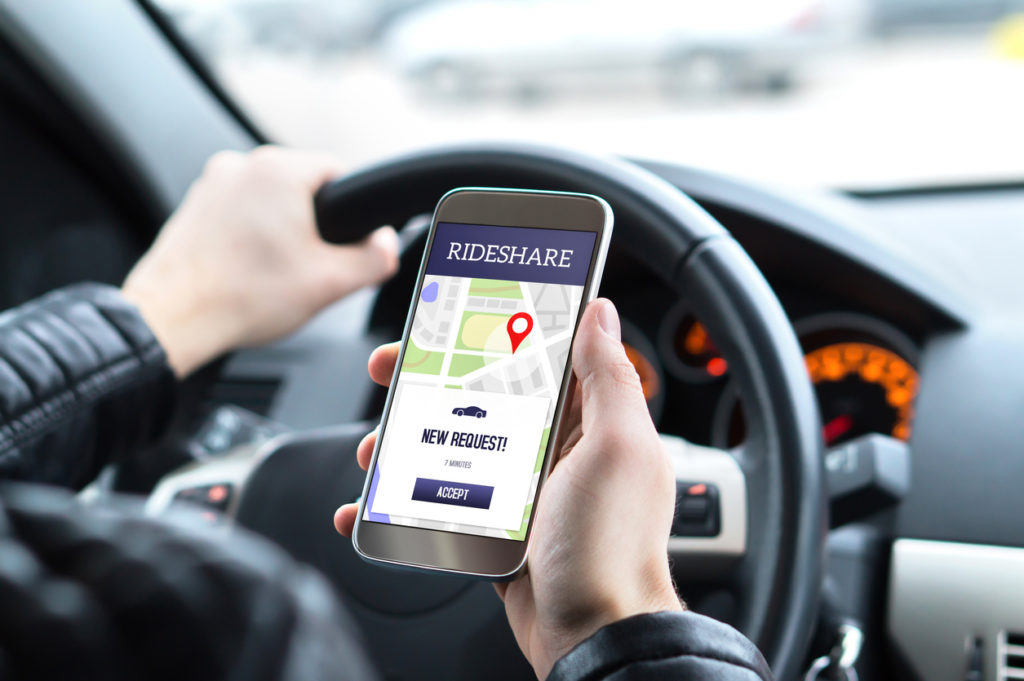Recent litigation in Massachusetts has focused on whether rideshare drivers for companies such as Lyft and Uber are misclassified as independent. In the case of Cunningham v. Lyft, Inc., No. 1:19-cv-11974-IT, 2020 WL 2616302 (D. Mass. May 22, 2020) a Massachusetts federal judge recently ruled that that the defendant rideshare company, in this case Lyft, likely misclassified its drivers as independent contractors instead of employees under the Massachusetts independent contractor law. This is a preliminary ruling based on the judge’s view of the likelihood of success. The court held that Lyft would be unlikely to carry its burden of proving independent contractor status for its drivers.
Under the Massachusetts Independent Contractor statute, a worker is presumed to be an employee unless the company hiring the worker establishes all three of the following:
(1) that the worker is free from control and direction in connection with the performance of their work, both under the applicable contract and in fact; and
(2) that the worker performs work outside the usual course of the business of the company; and
(3) the worker is customarily engaged in independently established trade, occupation, profession or business of the same nature as that involved in the service performed.
M.G.L. c. 149, § 148B. The defendant company has the duty of proving that all of the above three factors are true for a worker to be an independent contractor instead of an employee.
The second prong of this test is especially difficult for a rideshare company to establish. As the judge in the Lyft case noted, in determining whether the services provided are outside a company’s usual course of business, two things matter: (1) the nature of the services performed by the worker, and (2) what is the usual course of business of the company. With respect to the second question, the court concluded that:
“Based on the record in front of the court, the court finds a substantial likelihood of success on the merits that, despite Lyft’s careful self-labeling, the realities of Lyft’s busines – where riders pay Lyft for rides – encompasses the transportation of rights. The ‘realities’ of Lyft’s business are no more merely ‘connecting’ riders and drivers than a grocery store’s business is merely connecting shoppers and food producers, or a car repair shop’s business is merely connecting car owners and mechanics”
Cunningham v. Lyft, Inc., at 10. The court recognized that Lyft’s revenue is directly contingent on how much drivers drive; therefore, drivers are not merely incidental to Lyft’s business. In other words, Lyft could not continue as a company without its drivers.
The main takeaway from the District Court’s decision in Cunningham v. Lyft, Inc. is that rideshare drivers for companies such as Lyft and Uber have strong misclassification claims under the law of Massachusetts.
The damages for a misclassification claim can be significant. A worker that is misclassified as an independent contractor can recover all of the wages and benefits that an employee is entitled to, such as overtime wages and mileage reimbursements.
We Can Help
If you have driven for a rideshare company, such as Uber or Lyft, within the last three years, feel free to get in touch. You may have a valuable misclassification claim.
We evaluate cases confidentially and at no cost. You can reach us at (617) 338-9400, info@masswagelaw.com, or via this free wage case review.
Free Wage Case Evaluation
This evaluation helps us determine if your case is one we can take on a contingency basis. While we can’t take every case, we’ll do our best to point you toward other resources if we can’t proceed with yours. Please understand that we are unable to offer legal advice or opinions during this process.
"*" indicates required fields
